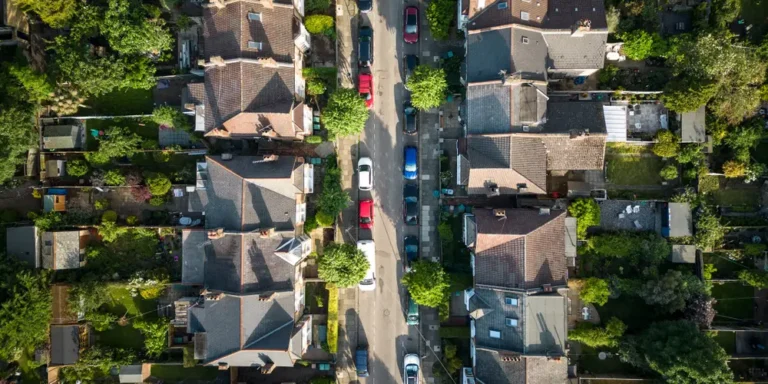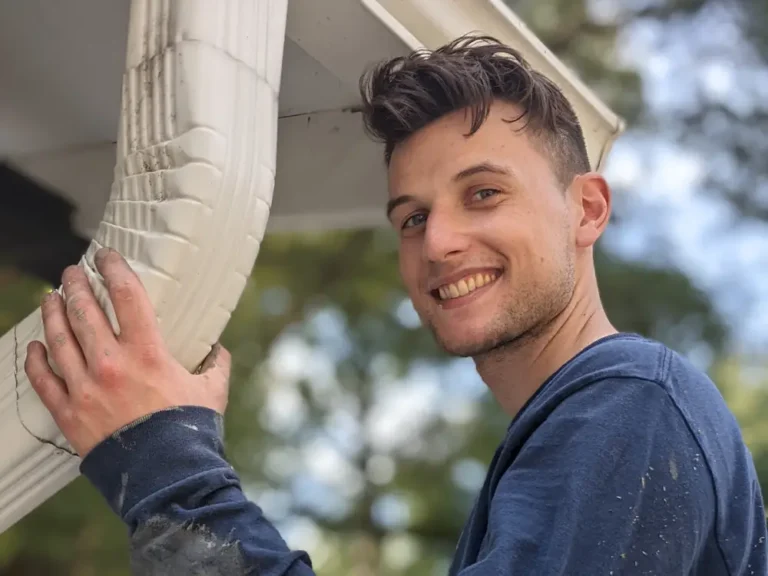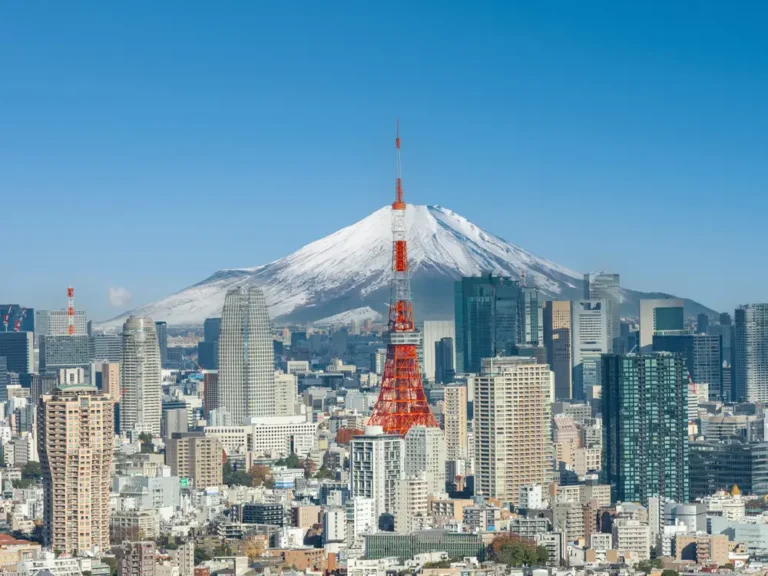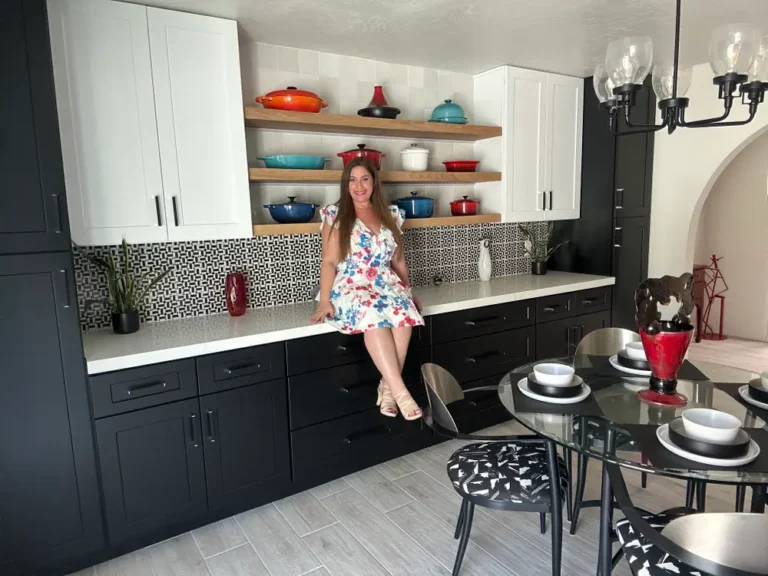NYC’s strict Airbnb ban faces a new challenge
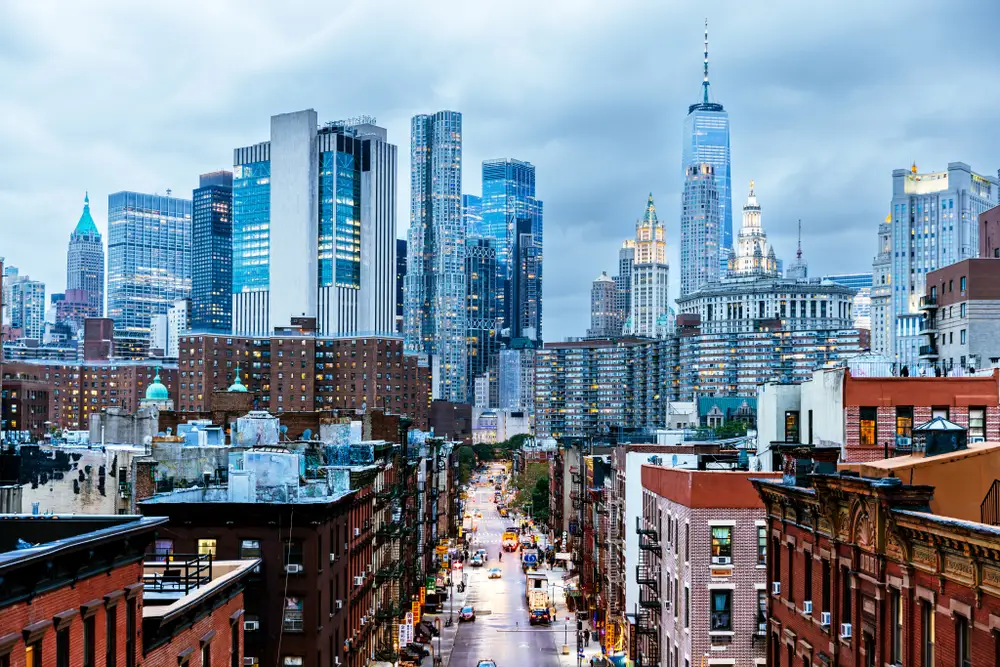
In 2023, over 77% of short-term rentals in NYC closed after it was announced new rules would begin enforcement.
New legislation could loosen some of New York City’s rules regulating Airbnbs.
It’s the latest chapter in the nearly two-year-long battle since the adoption of Local Law 18, which requires Airbnb hosts to officially register with the city, limit the number of guests, and remain on-site during stays.
Like dozens of other cities around the world, New York City has grappled with how to regulate short-term rentals; advocates hoped the restrictions would increase housing inventory and improve affordability.
A new bill, introduced by City Council member Farah Louis in November, would relax the current restrictions. Proposed changes include raising the guest cap from two to four people at a time and allowing hosts to rent their spaces when they’re not present.
Some one- and two-family homeowners who support the bill say the current regulations prevent them from renting out their space and hurt their ability to keep up with mortgage payments.
Interior designer Gia Sharp, 52, who used to rent out rooms in her two-family Brooklyn home, leads a group called RHOAR (Restore Homeowner Autonomy and Rights) that supports the City Council bill.
“We want to make sure the majority of Local Law 18 stays intact, but takes away the harmful consequences for people just trying to survive,” Sharp told Business Insider.

A protestor against Local Law 18 during a July 2023 rally in NYC.
People who want to keep the law as it is now argue it needs more than 15 months of enforcement to have its desired effect on housing inventory and affordability.
3 predictions for Airbnb hosts in 2025, from one of the short-term-rental industry’s top analytics firms
New York City renters are expected to soon save an average of $5,000 on apartments that used to have hefty move-in fees
The effects of NYC’s Airbnb ban so far
NYC’s announcement that it would begin enforcing Local Law 18 in September of 2023 shuttered thousands of Airbnb listings.
In the three months from June to September of 2023, the number of active short-term rental listings in the city dropped a staggering 77%, from 20,000 active listings in June to just 4,600 in September, data from analytics site AirDNA showed.
Over a year later, the impacts of NYC’s Airbnb ban are unclear, especially as some former listings may be still rented out illegally through Craigslist and Facebook.
Since enforcement was announced, the growth of the city’s median asking rent has slowed, increasing by just 0.5% between September 2023 and September 2024, compared to a 7% jump from 2022 to 2023 and a 31% spike from 2021 to 2022, data from real-estate-listing site StreetEasy showed.
However, long-term rental inventory only grew 3.4% over the year ended August 2024, a fraction of the 15.4% rental inventory growth rate seen in the year before, according to StreetEasy.
Tenants’ groups say that Local Law 18 needs more time to work.
“It’s only been a year. In housing policy, it takes several years for anything to show up,” said Esteban Girón, 46, a member of the Crown Heights Tenant Union, which opposes the bill.
Airbnb says the ban has had enough time to prove its lack of effectiveness.
“It was a bill that was supposed to impact housing, and it simply hasn’t,” Theo Yedinsky, vice president of public policy at Airbnb, told B-17 this week. “There’s been no relief on availability. There’s been no relief on affordability.”
One thing is clear: NYC’s hotel industry has boomed since the Airbnb crackdown was announced. Over a 12-month period ending in October 2024, NYC hotel prices rose 7%, compared to 2% nationally, according to real-estate data firm CoStar. In November, NYC hotel occupancy rates reached 90.2%, leading the nation, CoStar said.
“If you’re an existing hotel, the future looks pretty bright,” Sean Hennessey, a clinical associate professor at New York University’s Jonathan M. Tisch Center of Hospitality, told B-17 in October.
Some New Yorkers say they need extra cash from Airbnbs to stay in their homes
Some New Yorkers furious with the strict rules are resorting to renting their space under-the-table.
A TV producer in Queens named Paul told B017 that he used to bring in $3,000 a month renting out his basement. He’s turned to Facebook, where he quietly advertises the space for under $200 a night.
“I agree with the sentiment behind the regulations,” said Paul, who asked to be referred to by his first name only because of his under-the-table short-term-rental activity. “I just think that the regulations were designed as sort of blunt instruments rather than a precision tool.”
A resident of Midtown Manhattan who previously rented out the spare bedroom in his two-bedroom apartment on Airbnb told B-17 that NYC’s crackdown is “a slap in the face to people like me.”
He is defying the ban by continuing to rent out the bedroom through word of mouth and Craigslist. The resident, who asked to be anonymous because of his rental activity, charges $149 per night to help with his $2,600-a-month rent.
“I see these buildings on Central Park with penthouses that are empty because nobody can pay millions for apartments like that,” he said. “But here I am fighting to stay in New York in my prewar walkup building.”
Axel Springer, Insider Inc.’s parent company, is an investor in Airbnb.

